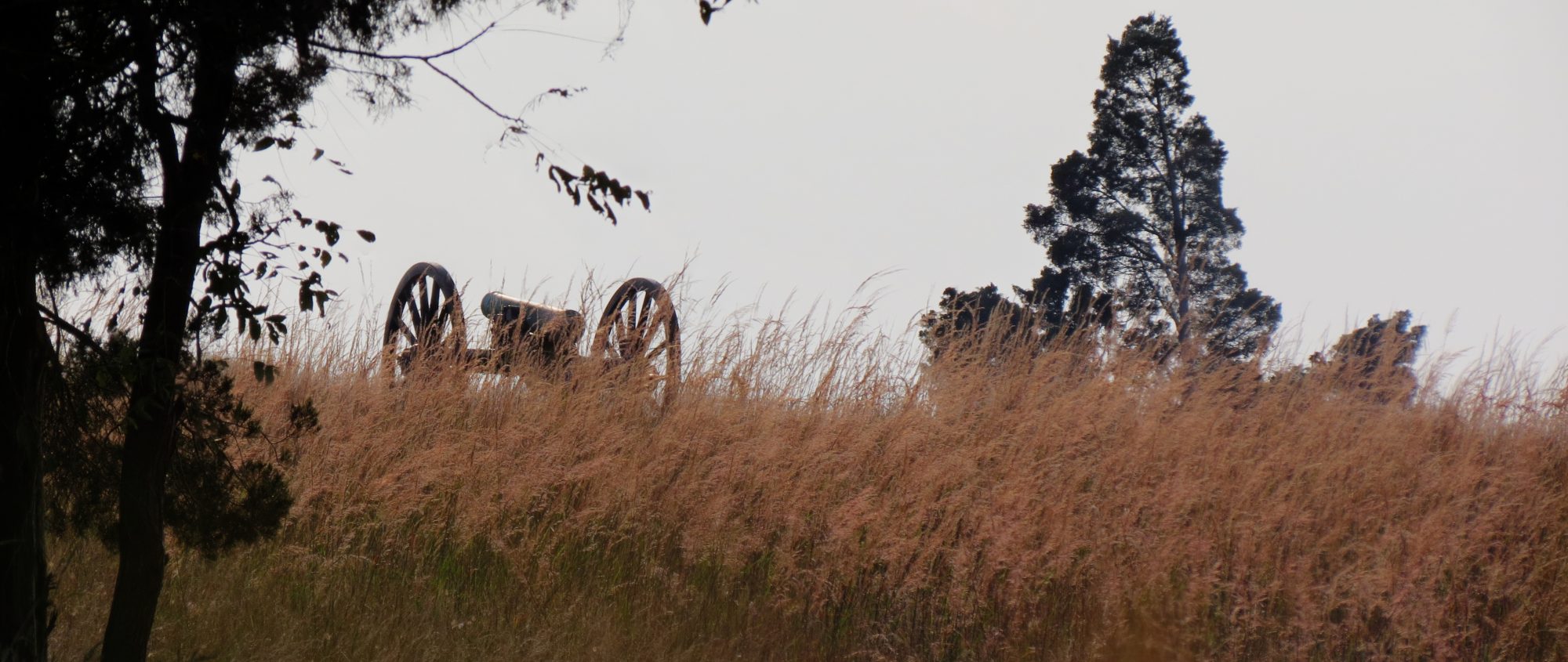(More Timeless Wisdom from someone who’s never commanded an army.)
The first Law of Military Planning is KISS—Keep It Simple, Stupid. With that in mind, I have come up with a short list of things for SCA fighters (and their commanders) to remember that will, verily, transform them into an invincible host.
(And, being an egomaniac, I used my own name to help me remember the list.)
M is for Mission.
What is it? Can you articulate it to the guy who just joined your group 2 minutes before the cannon? Where are you going? How do you get there? What do you do once you’re there? What if that doesn’t work out? Who’s in charge? Know the answers before the battle starts. If you don’t, ask.
For Commanders: Make sure they know. All of them. But first, make sure you know too.
I is for Individuals Don’t Win Wars.
Find a buddy. If he dies, find another buddy and the two of you find a unit. Then you and your unit go looking for enemy guys who haven’t found buddies. Bragging about body count around the fire at night is fine for hero-wannabes. If you remember nothing else from this essay, remember this: War is a team sport.
For Commanders: You can’t win wars by yourself either. If you’re swinging rattan, you’re not commanding your unit.
L is for “Lay On” Means “Charge”.
Don’t spend your hold time merely gasping for air or glad handing your opponent across the way. (Do that too.) But when you’re done, assess your situation and decide which way you’re going to charge the instant they start you up again. Look for your leader and see where’s they’re facing.
For Commanders: When they look to you, have the situation already assessed.
CAVEAT: Don’t talk tactics during hold. It’s cheating.
E is for Engage Aggressively.
As noted above, charge the very second “Lay On” is called. When in the shieldwall, don’t just hide behind your shield—- hit something! If nothing else, it gives the guys across from you just one more distraction to look out for. Polemen and spearmen—- keep those weapons moving! The shieldmen are counting on you. Skirmishers—- You’ve been entrusted with a high-energy job for a reason. Go get ‘em!
For Commanders: Execute your initial orders with vigor. After the inevitable mix-up, gather a force and go and engage forcefully. If you wait until you have “enough”, you never will. After the press, all is chaos. The first side to regain a semblance of order and keep the other off balance and merely reacting will probably win.
CAVEAT: Engage when it’s to your advantage. Don’t charge outnumbered without a good reason. If you can’t find a smaller unit to beat up, become bigger by linking up with another unit– but be quick about it.
S is for Show Up.
You cannot do glorious heroic deeds for Crown and Kingdom when you’re back in camp sleeping off a hangover. Be where you need to be, when you need to be there, and with the right equipment. If you don’t know the answers to these, ask.
For Commanders: If your time is limited, appoint someone (or several someones) whose sole purpose in life is rounding up people for the unit. This is where sergeants came from. They do not have to be tactical geniuses, just motivational. At the planning sessions, you promised your commander so many troops. If they don’t show, you broke your promise.
CAVEAT: It’s their vacation, too. And you’re not really in the Army. On the other hand, War is a team sport.
Will these 5 simple rules really make you into an invincible host? No.
But it might help keep you from becoming merely an armed mob. I submit that if each soldier and commander in your unit followed these simple guidelines 75% of the time, you’d be the among the best units on the field.
The dirty little secret of military science is that it isn’t– really– very hard to understand at all. But simple things become much harder when someone is trying to kill you.
